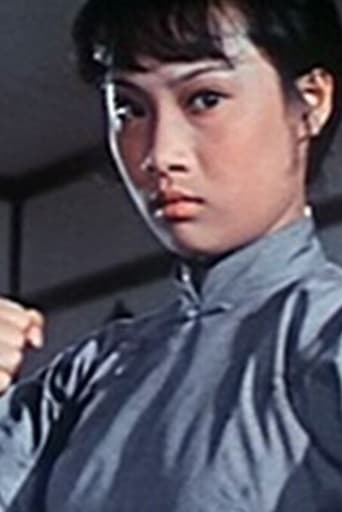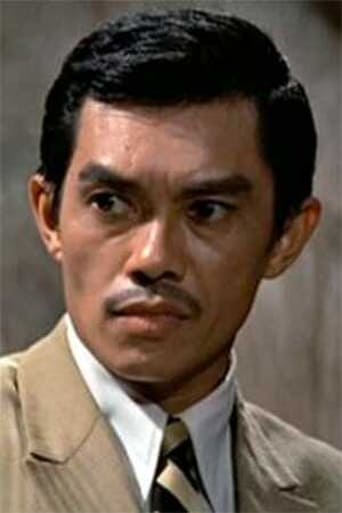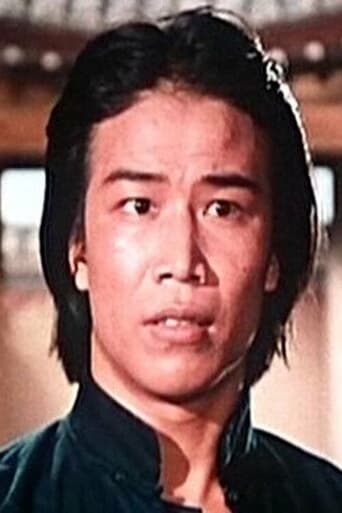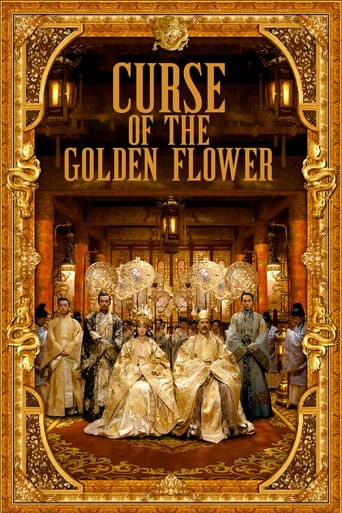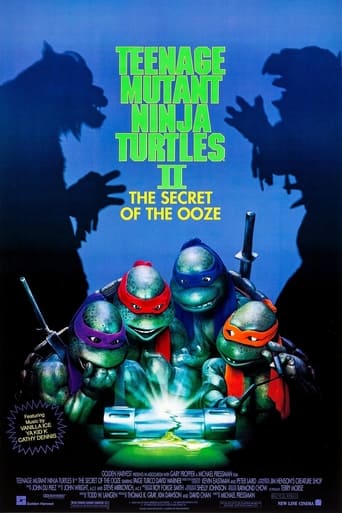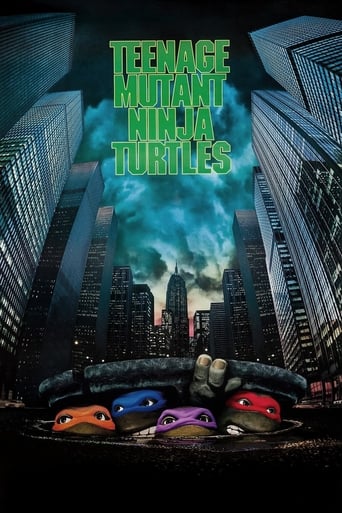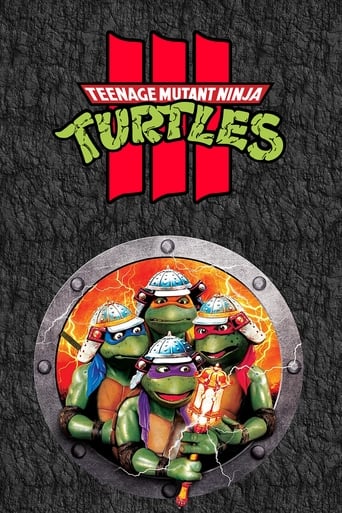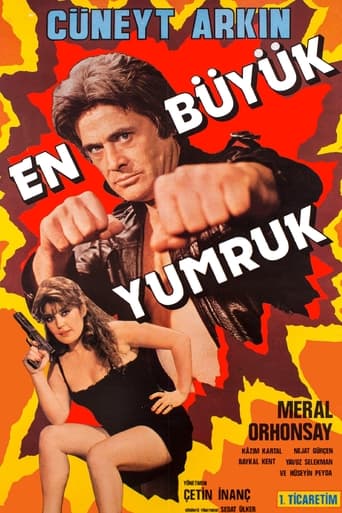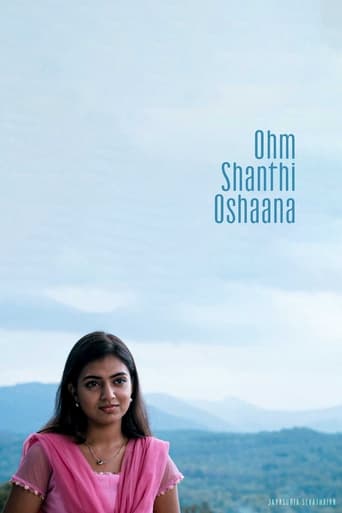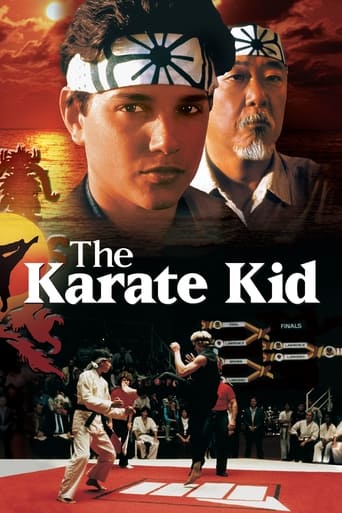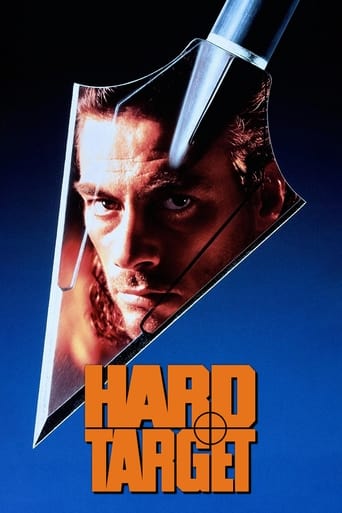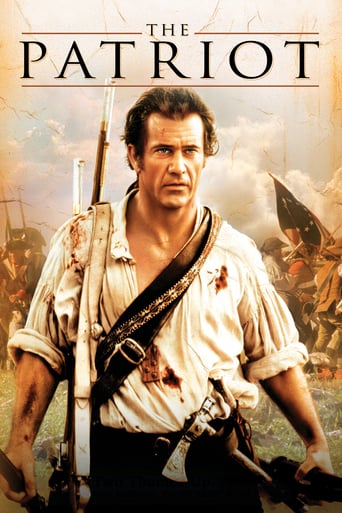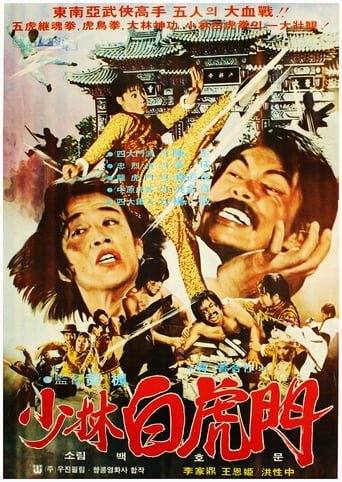
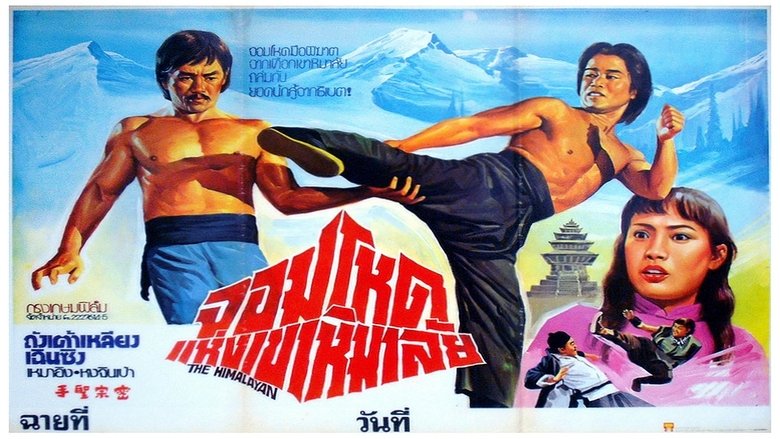
The Himalayan (1976)
The Tseng family is one of the most noble and respected clans in a small village in Tibet. The patriarch of the Tseng family wants to marry off his daughter Ching Lan into the Kao clan. However, the cunning and deceitful eldest brother Kao Chu only wants his younger sibling Kao I-Fan to marry Lan so he can gain access to the Tseng family's considerable wealth and power.
Watch Trailer
Cast
Similar titles
Reviews
Brilliant and touching
A Masterpiece!
Yo, there's no way for me to review this film without saying, take your *insert ethnicity + "ass" here* to see this film,like now. You have to see it in order to know what you're really messing with.
The best films of this genre always show a path and provide a takeaway for being a better person.
He kills so many people in this movie. First fight is main bad guys brother versus Angela Mao, they mostly demonstrate martial arts moves and its really short fight. Second fight scene is main bad guy and his brother versus 4 guys, whose wears black. That one is too short scene, because main bad guy kills his own brother. After that some impostor plays as main bad guys brother and main bad guy tries to marry him to Tseng's daughter. Main bad guy kills in 1 hour over 5 people, one being impostor. There's really dark scene, when main bad guy and good guy fights, good guy had luck and he runs away. In that scene main bad guy kills old guy, who knew too much. In some weird way, main bad guy black mailed Mao and claimed, that Mao killed his brother. 1 scene, when main bad guy uses martial arts and does something to Mao's neck, so Mao cant defend herself, thus sending Mao to raft and good guy sees Mao in water and saves her. Now were at 1 hour mark and Mao and good guy are looking place to stay and to learn some more martial arts. They go to Himalayan monastery and they're very welcome to there. They start practicing immediately and first job is to carry heavy rocks. Once they got rocks up in hill, monk says carry them back, because it increases power. Then they're blowing candles, at first they got 5 candles at best, but when training is complete, they got over 10 candles by blowing. Now were near end of this movie and Ying-Chieh Han has short fight scene against 3 guys, which was very well done by master Han. Soon its end fight and that fight was best fight of this movie, it lasts about 6 minutes and during that time, we see so many kicks and hits. Mao and good guy kills main bad guy, so its at least happy ending. I'm fighting movies fan and to me this was more drama, so thats why wont give it 8 or 9 stars. There's simply not enough fighting to call this good movie.
The Tseng family is one of the most noble and respected clans in a small village in Tibet. The patriarch of the Tseng clan wants to marry his daughter Ching Lan (a fine performance by Angela Mao) into the Kao clan. However, cunning and deceitful eldest brother Kao Chu (well played with deliciously wicked relish by Sing Chen) only wants his younger sibling Kao I-Fan to marry Lan so he can gain access to the Tseng family's considerable wealth and power. Director Feng Huang eschews the usual snappy action-loaded Golden Harvest chopsocky formula for a much more intricate story and deliberate pace: While the fights are infrequent, they are nonetheless exceptionally choreographed and quite exciting, with the climactic martial arts orgy of violence and vengeance rating as a real stirring and ferocious pip. Kuang Ni's sinewy script possesses a significant amount of dramatic substance thanks to its weighty themes concerning betrayal, deception, and revenge. Moreover, the vivid evocation of the period provides a breathtaking sense of lavish scope. The training sequences are grueling and vigorous while a fairly explicit sex scene adds a little sizzling spice. As usual, Mao looks positively ravishing and displays her trademark fluid and graceful kung-fu prowess in her fight set pieces. Worth a watch.
This is one of the last Golden Harvest made Angela Mao movies. One thing that can be said about Golden Harvest is that they consistently made good quality movies, always trying new things with their movie productions. Not all of them worked, but they did succeed in modernizing Hong Kong cinema.As for Angela Mao, after getting married, and having a child, she seems to lose interest in making movies. I can't really blame her as the year this movie was made, she had her first child.Hong Kong movie were going through a radical transition around this time. It still takes few more years for its effects to show, but the old school kung fu action movie was getting passe. The focus were shifting to interesting characters and more comedic everyday themed movies. Sam Hui was one of the early pioneers of this field, and he became a big star of the late '70s, to early '80s Hong Kong cinema.Old school kung fu actors couldn't make it through this transitional times except for few like Jackie Chan, Sammo Hung, and perhaps Lung Ti, and Chien Kuan Tai. All of them, kung fu skills were not their only talent. They had their own on screen presence.So this movie is like a swan song for the old school Hong Kong kung fu movies, and about the same for actor Angela Mao. She probably correctly chose domestic life to be her next phase in life, and from around this point on , stops to be the leading female kung fu actor. Most of her movies made in Taiwan are of forgettable qualities.Different types of directors, leading men, and women will be appearing in the following decade, and transforms Hong Kong cinema forever. This is kind of a transitional movie where interesting settings are explored, but the old school actors couldn't deliver.Better look for other Hong Kong movies that are more interesting to watch.
The Himalayan dramatizes the struggle of a mountain community in the Himalayas. This village must decide the route to take their goods to market through perilous mountain crossings. This happens at the close of the season and at the beginning of winter storms. The village's very existence demands a successful trip. The personal story is about the leadership of the community, old hurts which cast doubt upon that, and the physical rigors of travel in the high and unforgiving elements. The scenic beauty and timeless setting (people living as they have for centuries, with only a few modern items) round out to make this an adventurous and deeply thoughtful film.Unfortunately, finding copies of this film appears to be be very difficult as it did not achieve much success in the US.
